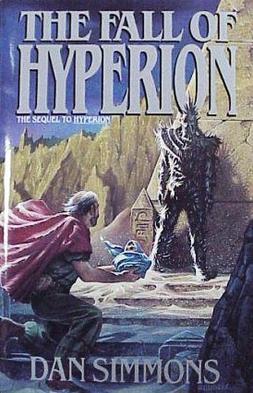
The Fiction of J.R.R. Tolkien
by Paul H. Kocher
Published: 1972
Read: 10/12/2019 to 11/2/2019
Rating: 4.5 out of 5 stars
GoodReads Synopsis
As is the case with all great works of art, J. R. R. Tolkien‘s masterpieces generously repay close attention and study. In this thoroughly entertaining and perceptive volume, winner of the prestigious Mythopoeic Society Scholarship Award, Professor Kocher examines the sources that Tolkien drew upon in fashioning Middle-earth and its inhabitants-and provides valuable insights into the author’s aims and methods. Ranging from The Hobbit to The Lord of the Rings to The Silmarillion and beyond, Master of Middle-earth opens the door to a deeper and richer appreciation of Tolkien’s magnificent achievement.
My Thoughts
I became aware of this out-of-print book recently while listening to Season Three of the Prancing Pony Podcast. For my birthday, I decided to ‘splurge’ and purchase actual print books (which I haven’t done regularly in years because I prefer ebooks and audiobooks; the former because I can control the size of the font as my eyes age and the latter because I spend ninety minutes in a car five days a week). I found a reasonably priced used paperback edition if The Master of Middle-Earth along with a used paperback edition of A Tolkien Compass, edited by Jared Lobdell.
Continue reading “Book Review: Master of Middle-Earth”






